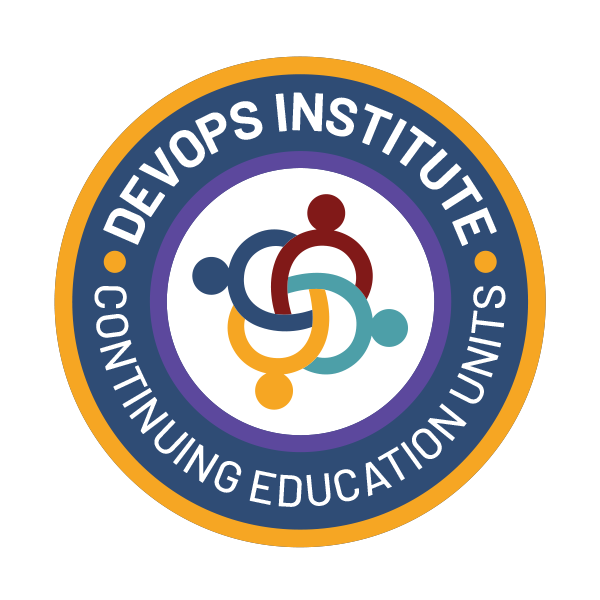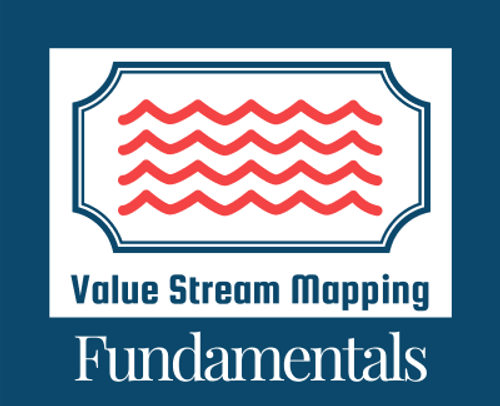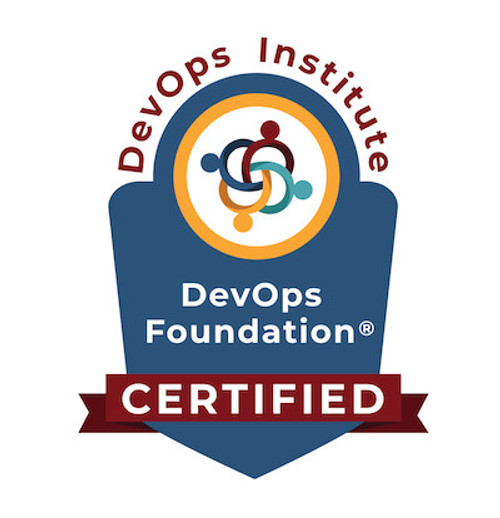The course aims to equip participants with the practices, methods, and tools to engage people across the organization involved in Observability by using real-life scenarios and case stories. Upon completion of the course, participants will have tangible takeaways to leverage situations such as implementing MELT models effectively, that fit their organizational context, building distributed tracing and resiliency by design.
The course is developed by leveraging key experts in the fields of telemetry, sources of knowledge and engaging with thought-leaders in the Observability space, and working with organizations who have crossed the chasm of modern Observability to extract real-life best practices. In class we extract real-life best practices and teach the key principles & practices necessary for Observability. Come ready to participate in lively discussions about improvements, benefits and challenges.
This course culminates with an independent exam. Successfully passing (65%) the 60 minute exam, consisting of 40 multiple-choice questions, leads to the Observability Foundation Certificate.
Class also includes experiential exercises, GAME ON! An Interactive Learning Experience® and access to ITSM Academy's Learner Portal.
Objectives: At the end of the course, the following learning objectives are expected to be achieved:
- Practical view of how to successfully implement a flourishing Observability culture in your organization
- The underlying principles of Observability and an understanding why monitoring on its own will not provide the required results in microservices based containerized environments
- Understanding the three pillars of Observability
- Adopting open Telemetry standards helps achieve innovation and distributed tracing in a seamless manner
- Observability Maturity Model and the measurement of practical Observability
- Implementing full stack Observability and distributed tracing will enable a DevSecOps culture
- Curating Observability using AI to move from reactive to proactive and predictive incident management. Also, how you use DataOps to build a clean data lineage of observable data.
- Implementing Network, Container level Observability and why is security a first class citizen in building the Observability culture
- What is Time based Topology, and how does it add value in Observability for a distributed environment
- The Data paradox, and how we address data issues using a systematic approach (DataOps) to build a clean Observability pipeline
- How do we feedforward DevSecOps wisdom into Observability
- Observability practices for DevSecOps and SRE
Delivery: For 20 hours, our learners are immersed in material that is presented in a fun, practical manner using exercises, sample exam questions and real-world examples.
- Anyone focused on large-scale service scalability and reliability
- Anyone interested in modern IT leadership and organizational change approaches
- Business Managers
- Business Stakeholders
- Change Agents
- Consultants
- DevOps Practitioners
- IT Directors
- IT Managers
- IT Team Leaders
- Product Owners
- Scrum Masters
- Software Engineers
- Site Reliability Engineers
- System Integrators
- Tool Providers
Professional Education Hours: Individuals attending this class will earn 18 professional education hours (e.g., PDUs, CPEs, CEUs) upon completion of this course. These professional education hours can be submitted to associations such as the Project Management Institute and ISACA, if applicable. Successful candidates with PeopleCert Plus Annual Membership, can log their certificate in PeopleCert's Continuing Professional Development (CPD) program to satisfy program requirements.
Instructors: As with all ITSM Academy training, our instructors have successful track records as IT professionals and bring that acumen into the classroom. Utilizing the highest quality content, our trainers blend their real-life experiences into lively classroom discussion.
Trainers for this course are seasoned professionals, hold multiple DevOps, Agile and ITSM industry certifications and have successfully completed ITSM Academy's Observability Foundation Train-the-Trainer Program.
Course / Student Materials:
- Access to ITSM Academy's Learner Portal - my.itsmacademy.com - extends the classroom experience with online content and tools
- Digital Learner Manual (excellent post-class reference)
- Learner Personal Action Plan
- Sample documents, templates tools and techniques
- Study aids and sample exams
- Access to additional sources of information and communities - including the State of DevOps Report
- Twenty (20) hours of instructor led training and exercise facilitation
- Participation in our GAME ON! An Interactive Learning Experience®
- Participation in unique assignments designed to apply concepts
- In-class exam preparation
- Exam voucher

Let's Go Green: Materials for this course are provided as downloadable soft copy files that can be viewed on a variety of devices. Attendees may print a hard copy of the files in whatever format best meets their needs, and can use the files under the Terms of Use as indicated on the material.
Prerequisites: SRE Foundation, an understanding and knowledge of common SRE terminology, concepts, principles and related work experience are recommended.
 Certification: Successfully passing (65%) the 60 minute examination, consisting of 40 multiple-choice questions, leads to the Observability Foundation certificate. To purchase an exam only, please visit our Exam Voucher page and select the corresponding exam from the dropdown.
Certification: Successfully passing (65%) the 60 minute examination, consisting of 40 multiple-choice questions, leads to the Observability Foundation certificate. To purchase an exam only, please visit our Exam Voucher page and select the corresponding exam from the dropdown.
Course Logistics:
- Live, Virtual Classroom: Log in with the instructor and the other students - no travel!
- Available through our Courseware Licensing Program
- All ITSM Academy courses, including this one, can be presented at your location - Contact Us, or phone 954. 491. 3442 or use the chat below
Learners should only commit to classes they are prepared to attend. ITSM Academy Open Enrollment Class Terms and Conditions.







